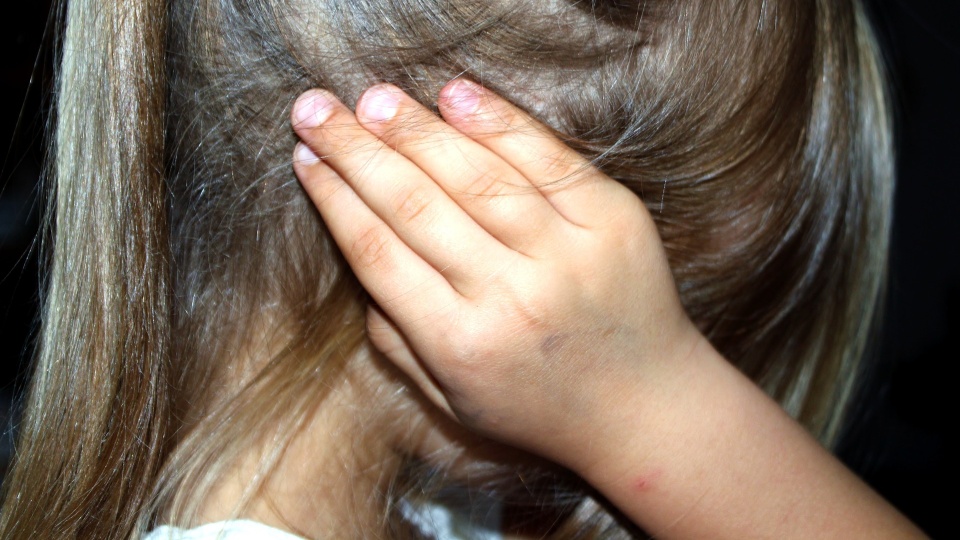The survey was conducted online, with 1005 permanent residents of Latvia aged 18 to 74.
It has been found that respondents' attitudes to physical punishment of children are very different, but still rather lenient. 55% of respondents were accepting of relatively lighter physical punishment methods (slapping, hair-yanking, spanking, etc.) 23% of respondents think it is acceptable to beat children with a belt or other object.
The majority of respondents indicated that they used positive disciplinary methods first (74% have indicated that conflicts are first sought to resolve without the use of punishment methods).
The second most common method of discipline in the survey is verbal (threatening with punishment without enforcing it, screaming). However, this method is also closely linked among respondents to incorrect parenting practices, including the negative effects of swearing and verbal humiliation experienced in childhood. 84% of respondents regard swearing and verbal humiliation as violence.
The survey shows that childhood experience directly influences respondents' views on acceptable parenting techniques today. In particular, those who have experienced physical punishments as children are more likely to allow such methods to be applied to the parenting of their children. In general, 41% of those surveyed have used physical punishment methods (slapping, pulling hair or ear, spanking, etc.), indicating that this happens when they lose self-control, feel tired and stressed.
Inga Gulbe, head of the consultative division of the Children's Rights Inspectorate (VBTAI), said that there is a relatively high tolerance for violence in society.
Parents base their methods on what they have experienced themselves. It is important to teach society to recognize what violence is. Swearing, pushing, spitting, shaking often doesn't count as violence. Therefore, it is important to teach a child from a small age the boundaries of their body, what may or may not be done in relation to other people and which are the moments when it is necessary to seek help, said Inga Gulbe.
The survey was conducted by the Consultative Section of the State Children's Rights Protection Inspectorate, in cooperation with the research company Norstat Latvija, the European Union Foundation Project No. 9.2.1.3/16/I/001.




























